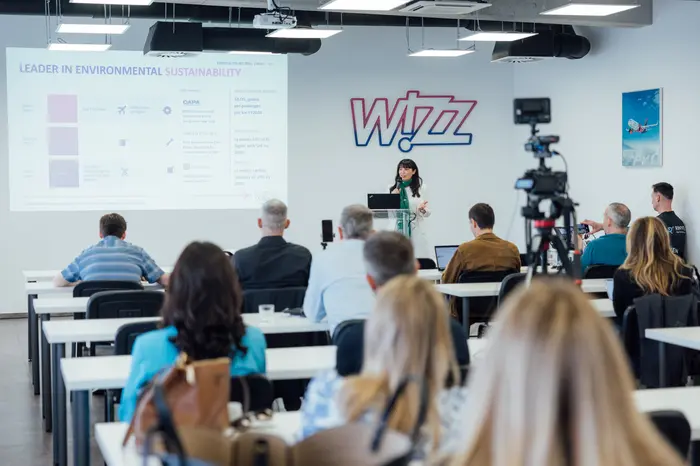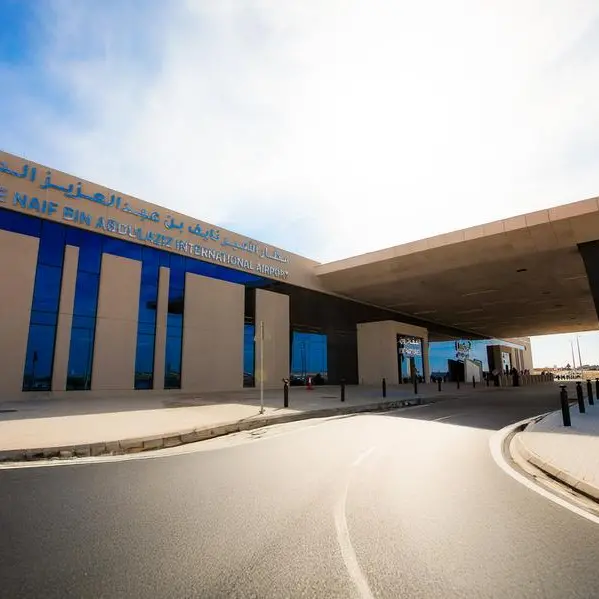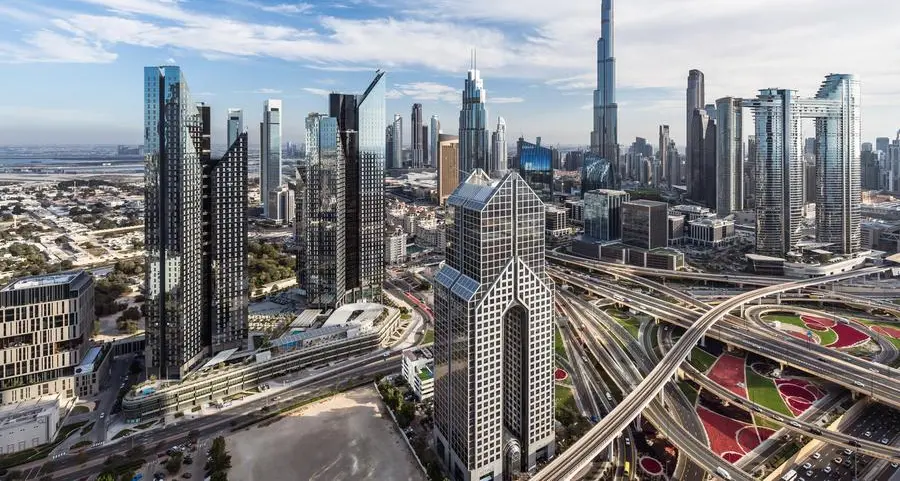PHOTO
- The plan highlights slow progress and calls for radical change to shape the aviation industry’s future
Abu Dhabi, UAE: Wizz Air, EMEA's most environmentally sustainable airline, has launched its comprehensive net zero roadmap – Flying Towards Net Zero. The roadmap offers a realistic path focused on the three F’s – flights (30% emissions reductions from new aircraft technology and fleet renewal), fuel (53% emissions reductions from SAF) and footprint (4% emissions reductions from air traffic management modernisation).
The Company, as part of its recently announced Customer First Compass initiative, has invested €14 billion to enhance its operations, including investments in the latest technology aircraft and SAF production. This response demonstrates its commitment to Flying Towards Net Zero so that aviation can continue to play a central role in Europe’s connectivity and economic growth.
This manifesto for change comes at a critical juncture for the aviation industry, as efforts to achieve net-zero emissions by 2050 are sliding off course, and the competitiveness of European aviation faces headwinds due to rising costs from regulatory compliance. Climate change continues to pose significant business and financial risks. Therefore, the commitment to addressing these challenges is not just an environmental imperative for the Company, but also a strategic necessity for long-term sustainability, competitiveness and resilience for the European aviation sector.
A Realistic Roadmap towards Net Zero
Flying Towards Net Zero reflects the long-term climate goals set by the International Civil Aviation Organization (ICAO) aspiring to achieve net zero carbon emissions from international aviation by 2050. However, this aspiration is heavily reliant on the industrialization of technology, which has not occurred to date. Wizz Air’s plan addresses these realities head-on.
The plan is anchored by five fundamental pillars that support the airline’s roadmap:
• 53% decarbonisation through the increased use of SAF
• 21% decarbonisation through technological advancements in aircraft and engine technology.
• 7% decarbonisation through fleet renewal
• 4% decarbonisation through air traffic reform
• 2% decarbonisation through operational efficiencies
Compared to competitors, the airline has put greater emphasis on SAF and new aircraft technologies as critical decarbonisation levers, rather than unproven technologies and offsetting.
Flights. Fuel. Footprint – A Call for Radical Change
- Flights - Aviation Innovation Must Move Faster
Wizz Air has the lowest emissions intensity per passenger kilometre of any airline globally, and a target to reduction emissions by 25% by 2030. Wizz Air also operates the youngest, most fuel-efficient fleet in Europe. This is as a result of investing in the best-in-class technology aircraft (Airbus A321neo). We are investing in innovation as part of our Customer First Compass, and a significant part of our plan is attributed to new aircraft technology and fleet renewal. To enable these decarbonisation levers the future of aviation depends on radical innovation. We need to ensure that aircraft are ready for SAF blends above its current regulatory maximum blend rate.
- Fuel – SAF Must Scale Now SAF is the cornerstone of the Wizz Air’s net zero roadmap and the biggest lever for decarbonisation. The Company has invested in the production of SAF, putting equity into new technology pathways and securing offtake agreements. Yet SAF production today is limited, and prices are uncompetitive for a low-cost business model. Governments must take action to scale SAF production by ensuring a long-term policy framework, such as the Sustainable Transport Investment Plan, that drives SAF adoption and by introducing incentives that close the price gap between SAF and conventional jet fuel.
- Footprint - Implementing Infrastructure Reform:
Air traffic inefficiencies add millions of tonnes of unnecessary emissions each year. Airspace modernisation must be prioritized immediately. Airlines are expected to decarbonise, yet infrastructure delays and outdated regulatory systems are holding the industry back. European airspace reform is long overdue. Wizz Air is already playing its part by using AI technology to improve operational efficiency. However, other actors must play their part.
Yvonne Moynihan, Wizz Air Corporate & ESG Officer, says: “Wizz Air supports an ambitious vision for net zero, but the truth is that the current pace of change is not enough, and without radical intervention, aviation will fail to meet its commitments.
Achieving a net zero roadmap is fraught with uncertainties. The most significant challenges extend beyond scientific issues and encompass policy decisions, investment strategies, market dynamics, and the timely implementation of essential measures. Scientific advancements also encounter obstacles related to cost, infrastructure, and regulatory approval.
We need action, not just ambition. That’s why we’re calling on governments, regulators, and the fuel industry to wake up to the reality of aviation’s transition and start delivering the changes that will make net zero possible. Aviation needs a policy and investment revolution to shape the industry’s path.
Flights. Fuel. Footprint. This is our commitment. This is our journey. This is how we fly towards net zero”.
ABOUT WIZZ AIR
Wizz Air operates a fleet of 232 Airbus A320 and A321 aircraft. A team of dedicated aviation professionals provides first class service and very low fares, making Wizz Air the preferred choice of 62.8 million passengers in 2024. Wizz Air is listed on the London Stock Exchange under the ticker WIZZ. The company was recently named one of the ten safest airlines in the world by airlineratings.com, the world's only safety and product ratings agency, and was named Airline of the Year 2019 and 2023 by the Air Transport Awards. Wizz Air was also named “Most Sustainable Low-Cost Airline” in 2021-2024 and “Best Airline for Carbon Reduction” at the World Finance Sustainability Awards in 2024. Wizz Air also received the “EMEA's Environmental Sustainability Airline Group of the Year” award by the CAPA-Centre for Aviation Awards for Excellence 2024.
- Sustainable aviation fuel (SAF) encompasses synthetic aviation fuels, aviation biofuels, and recycled carbon aviation fuels, as outlined in the ReFuelEU Aviation Regulation. SAF has the potential to lower overall greenhouse gas (GHG) emissions through a life-cycle analysis, compared to traditional jet fuel. However, it does not reduce emissions at the tailpipe; the reduction is achieved during the production process. Although SAF represents a promising avenue for cutting aviation emissions, there are significant hurdles in scaling up its production and availability, making it currently 3 to 4 times more costly. Presently, SAF constitutes only a minor fraction of the fuel used by commercial airlines. The ReFuelEU Aviation Regulation aims to boost the use of SAF to mitigate aviation CO2 emissions.
- All Wizz Air flights are operated with 180-seat Airbus A320, 186-seat Airbus A320neo, 230-seat A321 and 239-seat Airbus A321neo aircraft.
- Free images of aircraft, crews and a logo library can be found at https://wizzair.com/en-gb/information-and-services/about-us/press-office/
- More information about Wizz Air's decarbonisation strategy can be found here: F24 ESG Update.




















